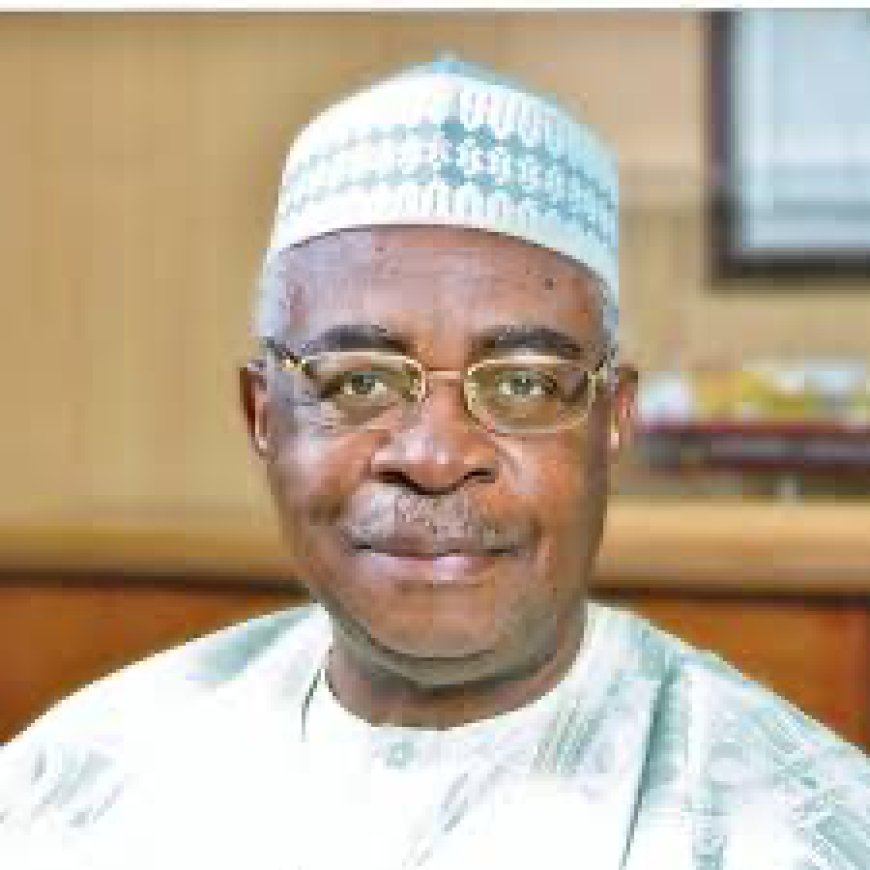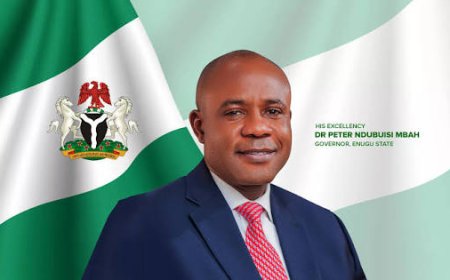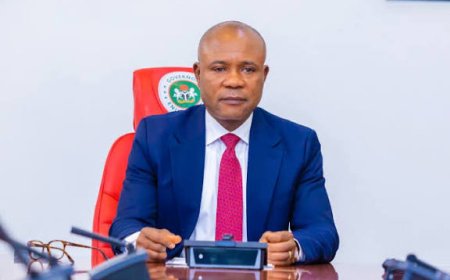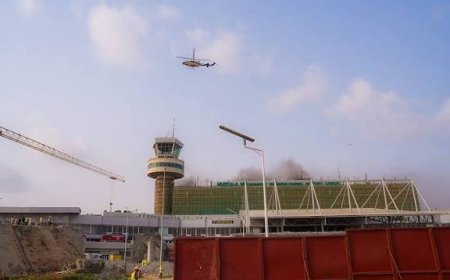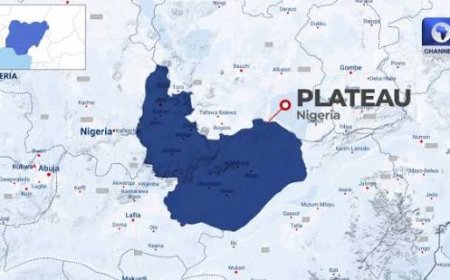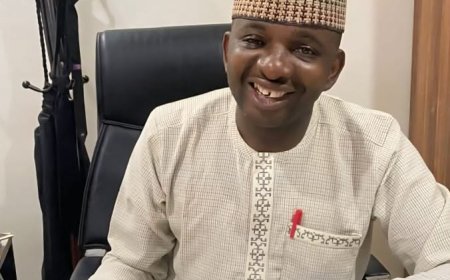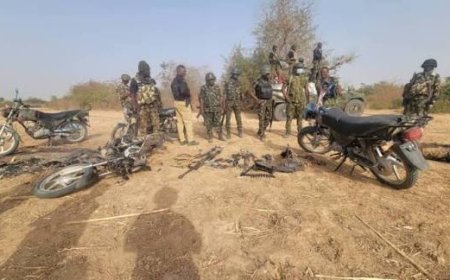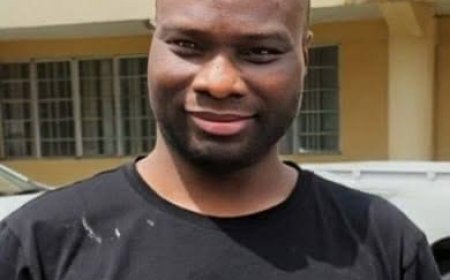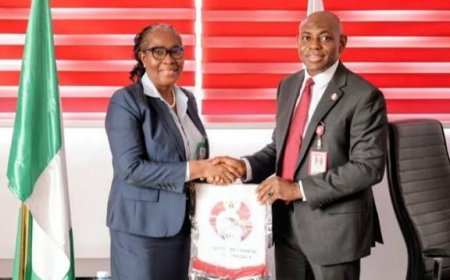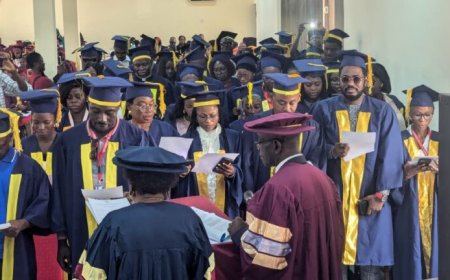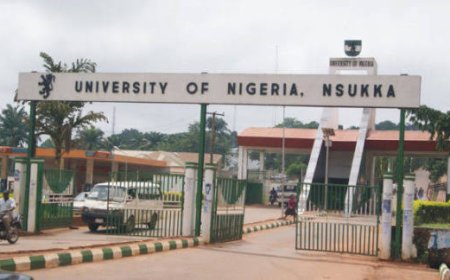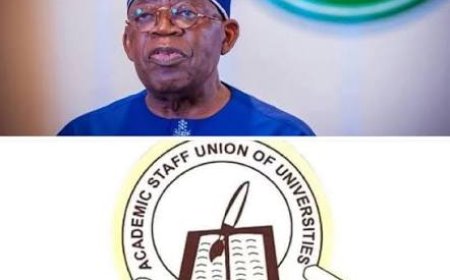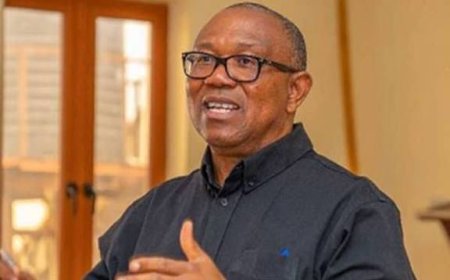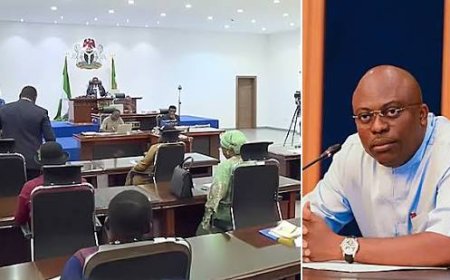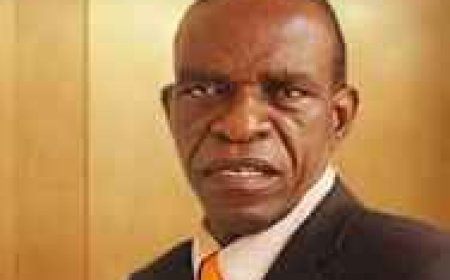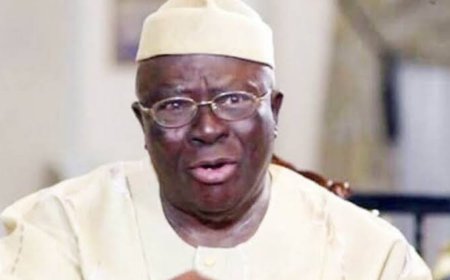By Chiedozie Alex Ogbonnia
Recently I read a public letter titled “Too Little, Too Late” by General Theophilus Yakubu Danjuma (GCON), former Chief of Army Staff and Defence Minister. It was meant to be a warning; a lamentation over the rise of fascism and insecurity in Nigeria. But as I read, I could only weep. Not just for what was said, but for how long it took to be said.
When Regret Replaces Responsibility
In recent days, three prominent generals have made striking admissions which are at the epicenter of Nigerian problems. General Yakubu Gowon, GCFR, lamented: “If I knew what I know now, I wouldn’t have led the Nigerian Army to war against Biafra.” At a book launch in Abuja, General Ibrahim Babangida, GCFR, added; “The January 15, 1966 coup was not, and should not be tagged as an Igbo coup.” And most recently, an epistle of “Too Little, Too Late” by General Danjuma.
These confessions reecho the buried truths; truths many knew but few dared to speak, and that truth is that the war against Biafra was not just a political miscalculation, but a moral failure; that it was steeped in ethnic bias, misinformation, and blind loyalty to a power structure that continues to consume its own. Now, decades later, as their homelands burn, the voices of regret and lamentations have grown louder. But are they enough?
A General’s Parable and a Nation’s Rot
General Danjuma likened Nigeria’s current plight to Europe’s experience under Hitler, invoking the phrase “too little, too late” used by the historian Allan Nevins to describe the world’s delayed response to Nazi aggression. Danjuma used the allegory to inform that those who should act against the Fulani invaders have kept quiet and it appears to have become very late. Danjuma warns that Nigeria now faces its own brand of fascism, what he calls “Islamofascism.” He notes that these forces began by breaking beer bottles and shutting down hotels. Now, they are shutting down schools.
However, the bizarre sanctimony cites incidents in Ondo and Akoko, referencing kidnappings and killings, especially in the South-west and Southeast regions of the country, glossing over the bloodbath in his own region, the Middle Belt. According to Danjuma: “Few weeks ago the Afenifere Youth leader was captured on his way to Abuja around Akoko, one of the most dangerous spots and staging post of bandits and kidnappers. He wasn't released until his wife paid N17 million naira”. He also added that a “few days ago the same bandits or herdsmen went to a community farm in Ondo State and killed 20 persons. The video was shown to all”. Danjuma further brushed the Yoruba, saying “That is the modern Yoruba: no balls, no action, empty and loud- mouthed, lovers of pleasure more than lovers of God. They are waiting for their traditional rulers……..” The statesman appeared to have displayed empathy to the South East, stating that he was touched by the video showing the “herdsmen harvesting cassava in a Southeastern region to feed to their cows”.
Plateau: The Forgotten Battlefield
In Plateau State, the homeland of General Danjuma and many military elites, the attacks have been relentless and devastating. For instance, on April 10, 2022, Fulani herdsmen attacked nine villages in Kanam and Wase LGAs, killing over 150 and kidnapping more than 70. Homes were burned. Victims were buried in mass graves. In December 23–25, 2023, at least 200 people were slaughtered across Bokkos and Barkin Ladi in Christmas week attacks. Yet on May 13, 2025, 51 lives were lost in coordinated attacks on Zike and Kimakpa communities in Bassa LGA, just few kilometres away from the 3rd Division of the Nigerian Army. It will take over 500 pages to narrate the Middle Belt experience with the herdsmen. These tragedies are not isolated. They are part of a pattern. Yet, the region most saturated with Nigeria’s top military brass has remained largely silent.
The Frankenstein’s Curse
General Danjuma, in a rare moment of candour, said “A monster is not stopped by persuasion, pleading or reason. Or even the appeal to law. He is stopped only by what he believes in, force.” But who is better to wield that force than the very men who once commanded armies? Who is better to rally the nation than the Generals whose voices once moved mountains?
This is the home of Generals Yakubu Gowon, Theophilus Danjuma, Dan Suleiman, Domkat Bali, Joseph Garba, Jeremiah Useni, Joshua Dogonyaro, John Shagaya, Jonathan Temlong, Musa Gambo, Yakubu Rimdam, Ishaku Pennap, Jonah D. Wuyep, Bernard Banfa, David Mark and many others. The above Military Generals, even before some of them died, were watching in silence while their sons and daughters were being slaughtered and their ancestral homes turned into mass graves. Too little, too late.
Importantly, most of the above retired Generals gained their promotions and reputations through their sheer brutality against the Igbo; a war that is now being publicly admitted as unjust and misinformed; a war that their leader, Yakubu Gowon has admitted that, if he knew what he knows now, he wouldn’t have led the war. In other words, he fought in ignorance.
Gowon fought on many levels of ignorance: first, he failed to recognize the socio-cultural asymmetry of the North. Second, like a wannabe or a social climber, he was made to believe that he was an insider. Third, he was indeed assured a permanent place in the innermost core of the concentric circle of power. Fourth, his Christianity or Infidel status was merely tolerated so long as he was doing the other’s biddings. Fifth, in his simplicity or naiveté, he was made to believe that his people will be integrated in the pie. Sixth, he began the revolution without convictions by proclaiming “Araba”, believing in “One North” against the others. Seventh, he later fought for One Nigeria believing that “truth and justice would reign”, and “where no man is oppressed”. Eighth, and perhaps, the worst for any army general, is that Gowon, Danjuma and brothers ignorantly fought for the outsider’s or the oppressor’s motivations: in other words, they fought someone else’s war, thinking it was their own. Now, the oppressor is at his doorstep. And there is no shield.
This is what we call the Frankenstein Lamentation: when a man laments that the monster he created has devoured him. Just like Dr. Frankenstein in Mary Shelley’s classic, many of our leaders are discovering too late that the fires they lit have turned on them; and on all of us.
Truth without Action Is Still a Lie
The saying that truth is like gold, which even when buried for centuries, becomes more precious when dug up, is trite and instructive here. However, the impurity in the gold remains unless that gold is purified and the wisdom in this is that truth, without action, changes nothing. It remains decorative. It gathers dust.
The regretful reflections of our aging statesmen may provide momentary catharsis, but they are not enough. Not when communities in the Middle-Belt are vanishing. Not when the killers are growing bolder by the day. Not when Nigeria bleeds with every passing night and when the Igbo are alienated from all structures of power on account of what the ethnic chauvinists and messengers of disunity call the Igbo coup.
The time for lamentation has passed. What the nation needs now is moral courage; a leadership that goes beyond open letters and media interviews; a leadership that protects the living and honours the dead, not with flowery words, but with decisive action.
The Middle Belt irredentism speaks to the redemption of the zone from social wreckage, political servitude, cultural disarticulation, mass impoverishments, and what Danjuma calls Islamofascism.
Let the Generals return to the field, not with guns, perhaps, but with conscience, strategy, and solidarity. Let them redeem their legacies before the final curtain falls. Because if they do nothing; it will not just be a case of “too little, too late,” it will be “never enough, never again.”
Rt Hon Ogbonnia, Ph.D, wrote from Enugu
